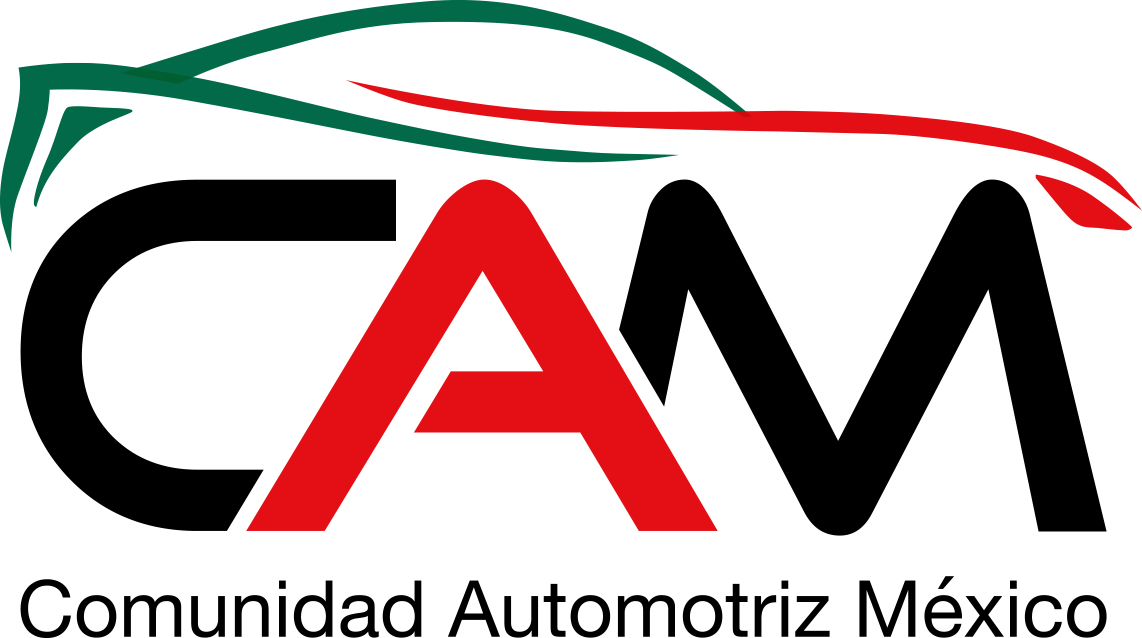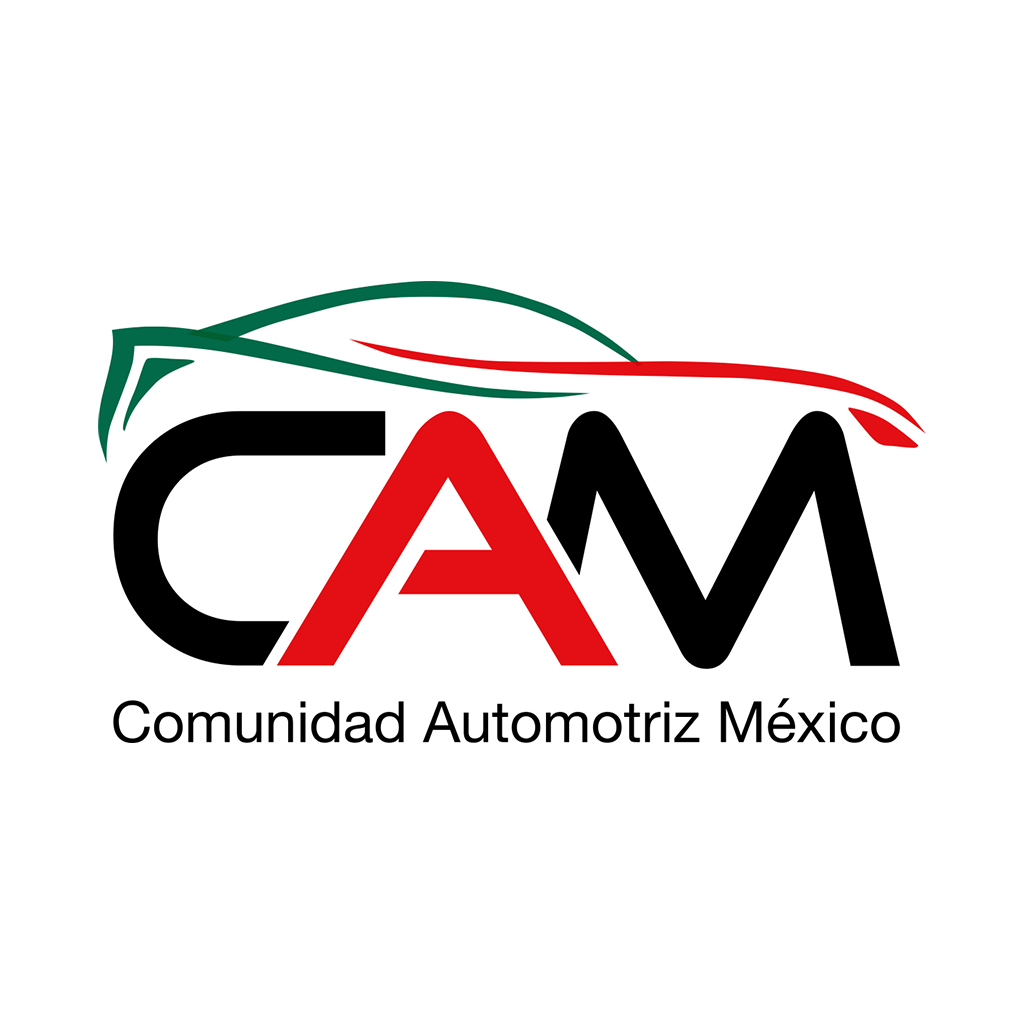Board Management Effectiveness
Effectiveness of management at the board level is a crucial aspect of board governance. The effectiveness of a board is determined by a variety of aspects which include its composition (the appropriate mix of expertise and experiences), the efficiency of meetings and the culture of open communication and the ability to engage in real conversations, especially difficult ones. The more effective a board is, the more able it will be to set the strategic direction and challenge organizational performance.
The annual self-assessment of the board can range from simple director questionnaires to a more robust interviewing process, usually conducted by a third-party, that https://www.yourboardroom.net/can-board-meetings-be-held-virtually/ can provide insights into the board’s dynamics and overall level of board maturity. These assessments assist boards in understanding how their current practices stack up against best practice and can result in a clear plan of action in areas where further improvement is required.
The most important factor in the effectiveness of board management is to foster a cooperative culture that allows directors to see themselves as collaborators and not adversaries. This can be achieved through board development and promoting the renewal of the Board, such as an openness to consider reconsidering mandatory retirement schedules and terms limits.
Another way to drive productivity between meetings is by allowing directors to communicate with one another using specialized communication tools, such as discussion boards and remote voting. This will reduce the time-consuming face-to-face discussions and help to ensure that every action item and task are completed on time. In the end, board members spend less time managing and more time driving forward with the process of change.


Responses